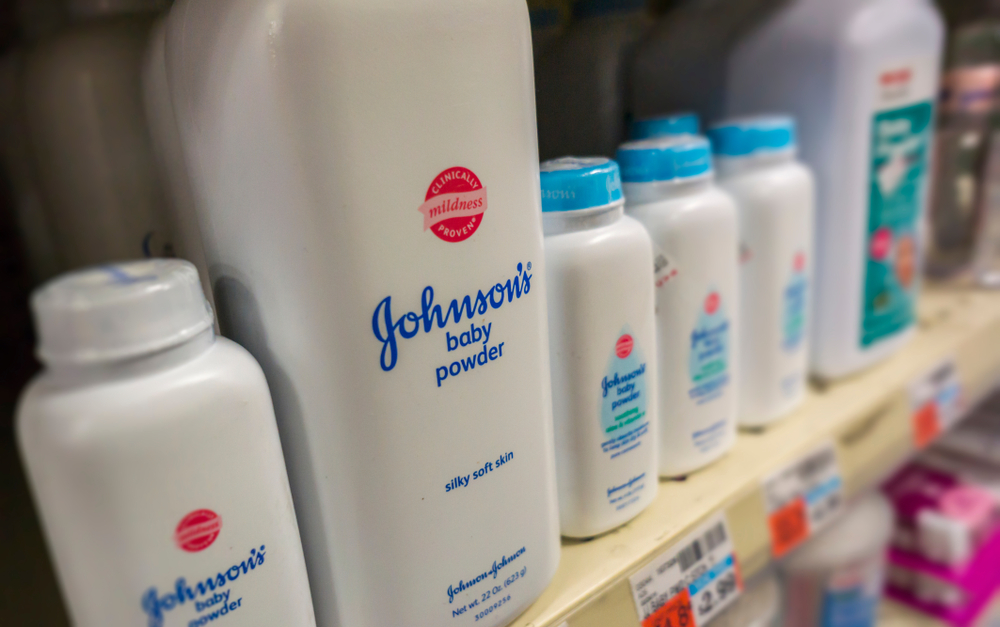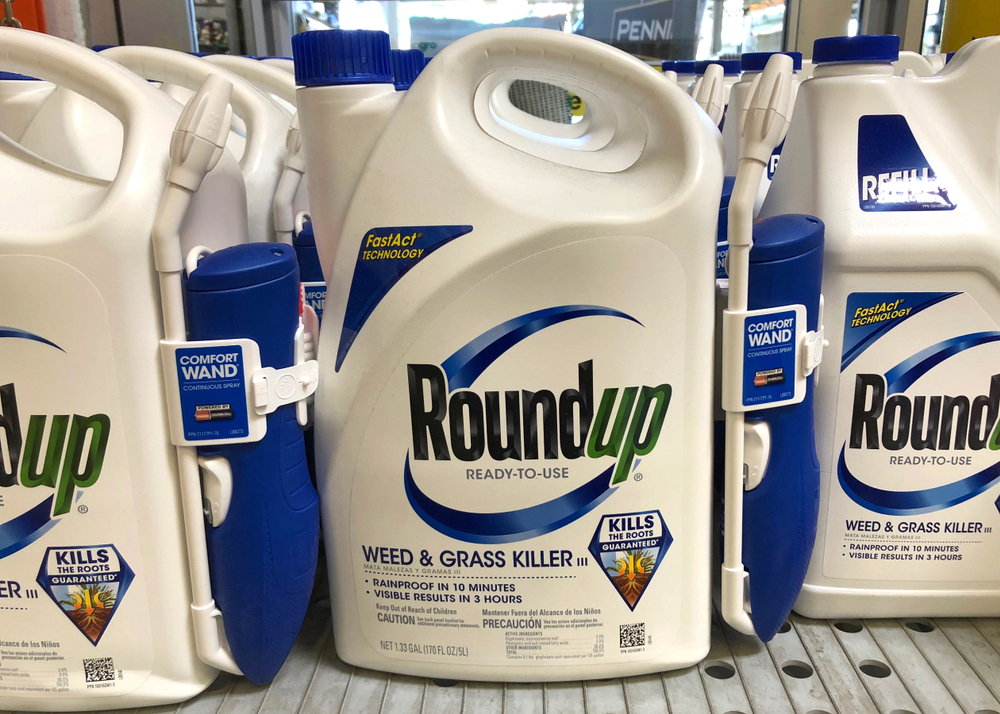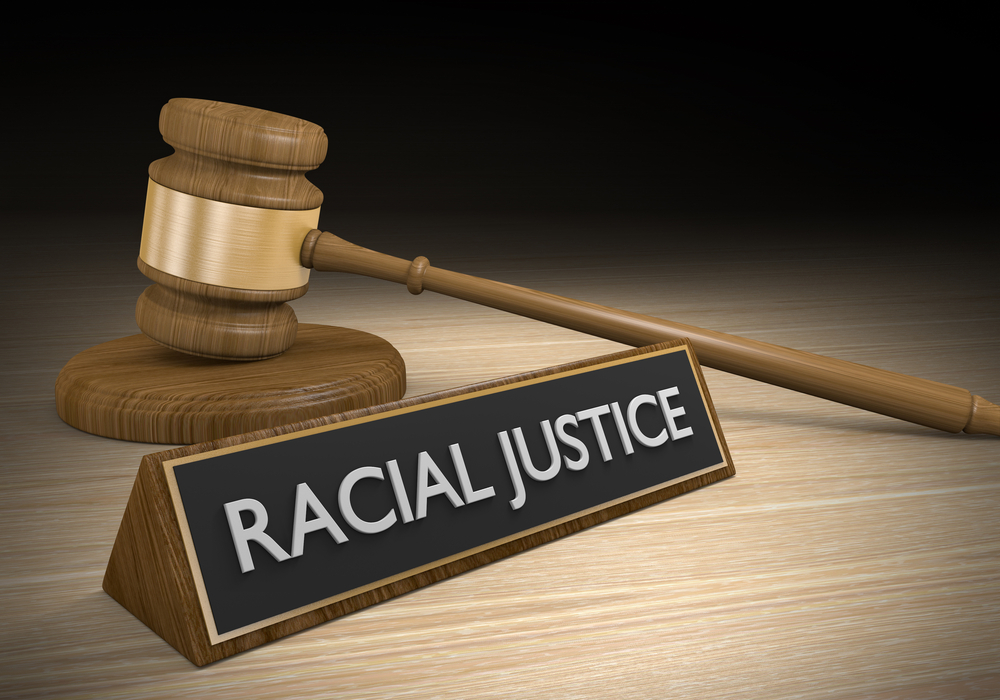While numerous big-money verdicts have been handed down in cases involving Johnson & Johnson talcum baby powder and complaints that it causes cancer, the real victory for many people came in the recent announcement that the company will stop selling the product in North America, legal experts say.
Johnson & Johnson, once considered the most recognized company to produce baby powder, announced in May that it will end sales of its talcum-based Johnson’s Baby Powder in the U.S. and Canada due in part to “a constant barrage of litigation advertising.” It denies its product has created health problems, but there is scientific evidence dating back decades showing that the talc it used in its baby powder contained cancer-causing asbestos. That is believed to be the cause of ovarian cancer and mesothelioma in thousands of women.
The company will continue to sell its corn starch-based baby powder in the U.S. and Canada.
“There is a bigger picture than those big verdicts,” said Florida-based attorney Joseph Saunders. “Of course, we want to compensate people, but what forces them to take it off the market is the courageous cancer victims willing to come forward. They have protected other women in the future. The same goes for Roundup (weed killer) and Zantac, an antacid that causes cancer, Ralph Nader’s report that Corvairs were unsafe at any speed and suits brought against the makers of Pinto for gas tank explosions.”
All of those are victories for consumers, he said.
Johnson & Johnson still faces more than 16,000 lawsuits related to its talcum-based baby powder, consolidated in multi-district litigation in the New Jersey federal court, with thousands more cases in state courts nationwide. The suits claim the company has known for decades that Johnson’s Baby Powder and its talc-based Shower to Shower could cause ovarian cancer but kept its knowledge of that hidden from the public.
“Talc, or talcum powder, is a naturally occurring clay mineral mined from the earth,” according to the Mesothelioma Justice Network. “One of talc’s most common uses is in baby powder because of its ability to absorb moisture and prevent diaper rash.”
The talcum powder lawsuits are product liability cases and each one is different, so there is no class action and there is not likely to be one in the future. Each case must be considered on its own merits.
RELATED: What you need to know about product liability
RELATED: Bayer agrees to $10B to settle cancer claim, but Roundup stays on shelves
The court must evaluate the circumstances surrounding the cancer for each plaintiff, including whether they had a family history of ovarian cancer, for example, and whether they used the Johnson & Johnson powder for years. Also, each state has its own statute of limitations to file a claim, with most having a two-year limit.
So far, Saunders said, despite some big jury verdicts, the company has yet to pay out a dime. Instead, it is appealing every verdict.
The appellate courts could throw out the verdicts or send some back for new trials.
“A lot of jury verdicts, especially big ones, tend to get reversed,” said Saunders, a member of the Legal Examiner affiliate network. “In St. Louis, some will get thrown out because the courts question if there was jurisdiction because the company is located in another state. The Supreme Court has said that is unfair to the company. There are all kinds of underlying ways” to get a verdict thrown out, he said.
The Missouri Court of Appeals in June upheld a 2018 verdict against Johnson & Johnson but reduced the judgment from $4.69 billion to $2.1 billion. The jury awarded a share of damages to 22 women who said the talcum powder caused their ovarian cancer and the company failed to warn consumers of the risk.
Because of the appeals process, it is an uphill battle for plaintiffs to see any money from the company, Saunders said. “Johnson & Johnson has plenty of money and won’t go bankrupt.” So it will keep fighting, he said.
“It is all the courageous people who came forward and filed lawsuits and got this stuff off the market and protected women in the future” who are the real heroes, Saunders said. “It’s about making things safer and not letting a company endanger people.”
One of the themes of the suits against Johnson & Johnson is that it is a fight against a company that puts profit over public safety, Saunders said.
“That is the underlying theme,’’ he said. “This is consumer justice. We need to find out the truth and hold people accountable who put profits ahead of public health.”
How do you know if you have a case?
“Generally speaking, if a woman used talcum powder for intimate hygiene for four years or more and has been diagnosed with ovarian cancer, we would look very closely at that person’s personal and medical history to determine if there is a viable claim,” said Trent Miracle, who heads the pharmaceutical litigation practice for the national law firm of Simmons Hanly Conroy. “If there aren’t any red flags like previous cancer diagnoses or a strong family history of cervical cancer, we will likely file that kind of case.”
Those who do decide to sue will need medical records so their lawyer can review them, Miracle said, “specifically, pathology reports and slides reflecting the ovarian cancer diagnosis. Other than that, as stated before, we would need to look into the person’s specific medical history as well as that of her family.”
What did Johnson & Johnson know and when?
The New York Times and Reuters, in separate 2018 investigations, exposed documents showing Johnson & Johnson knew for decades about the small amounts of asbestos in the baby powder but kept the findings secret.
"From at least 1971 to the early 2000s, the company's raw talc and finished powders sometimes tested positive for small amounts of asbestos, and that company executives, mine managers, scientists, doctors and lawyers fretted over the problem and how to address it while failing to disclose it to regulators or the public," according to the Reuters investigation.
Even then, the company denied its product was a health risk.
"Decades of scientific studies by medical experts around the world support the safety of our product,” the company stated. “We will continue to vigorously defend the product, its safety, and the unfounded allegations against it and the company in the courtroom. All verdicts against the company that have been through the appeals process have been overturned," it said at the time.
In addition to the 22 women in Missouri, a woman in California who claimed Johnson’s Baby Powder caused her to develop mesothelioma was awarded $29 million in 2019.
Not every plaintiff was so lucky, Reuters reported. Darlene Coker contracted mesothelioma from the baby powder she used on her children and on herself for years, the report says. But after she sued, Johnson & Johnson was not required to turn over talc test results or internal company records that could prove her case.
“When you are the plaintiff you have the burden of proof,” said Herschel Hobson, the personal-injury attorney Coker hired. “We didn’t have it,” he told Reuters. That was in 1999.
Coker’s family – she has since died – re-filed her suit against Johnson & Johnson.
Andrew Lipton, also with Hobson and Bradly in Nederland, TX, said the suit refiled in 2019 claims Johnson & Johnson “fraudulently induced the Cokers to dismiss the case by refusing to produce documents and misrepresenting by saying there was no asbestos in its product.”
That suit is now pending in New Jersey.
Meanwhile, Lipton said Johnson & Johnson’s announcement that it will stop selling talcum-based baby powder in the U.S. and Canada “is a great first step. It is long overdue, decades overdue. But it is only a first step because they are still selling it around the world. They are protecting Canadians and Americans, but the rest of the world is still at risk.” The absolute goal, he said, is to get the powder off the world market completely and to hold the company responsible “for all the damage it has done all over the world, not just to the Coker family.”
“Proof is through general science and medical testimony,” Saunders said. “In this case the court ruled that talc, as a general principal, can have asbestos in it and it is scientifically provable that a person can get cancer from this.”
Talcum-based products implicated in cancer lawsuits
Johnson's Baby Powder
Shower to Shower
Gold Bond No Mess Power Spray
Gold Bond Body Powder
Gold Bond Extra Strength Body Powder














